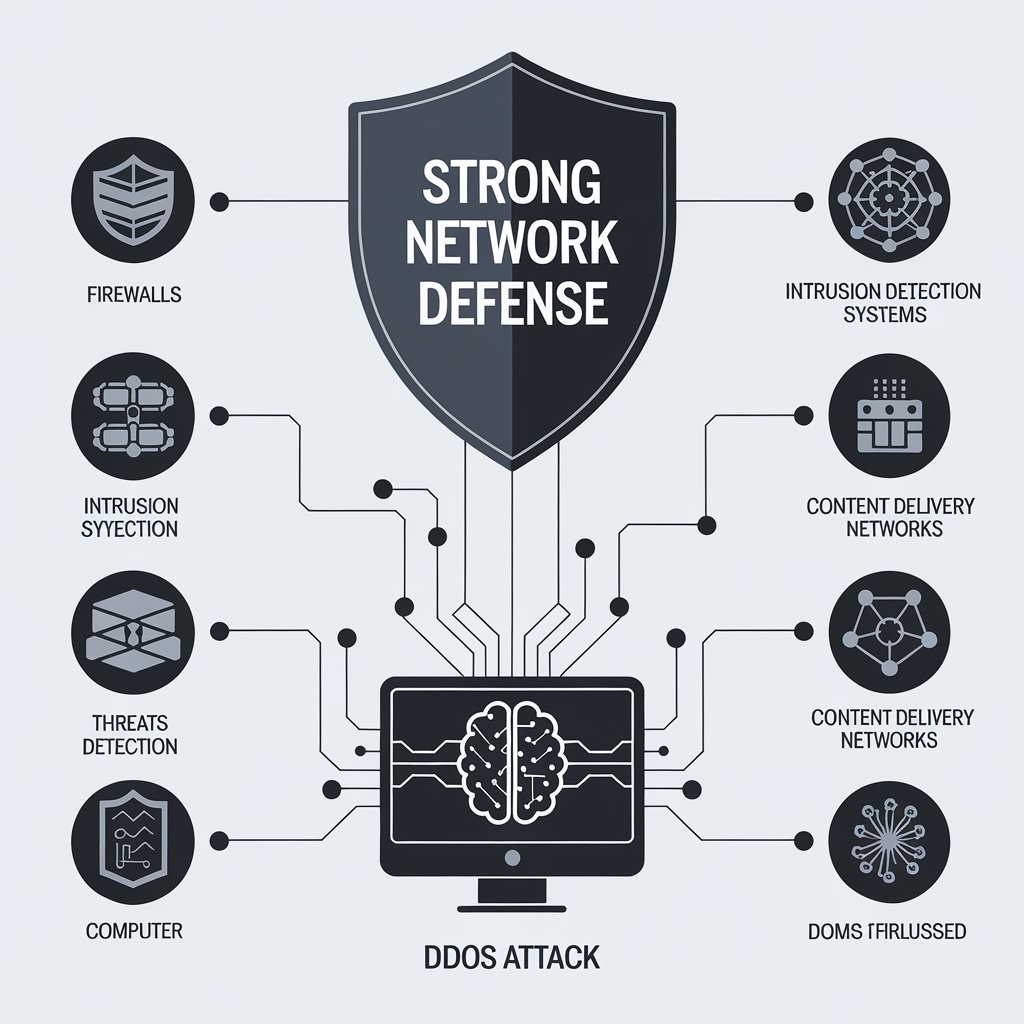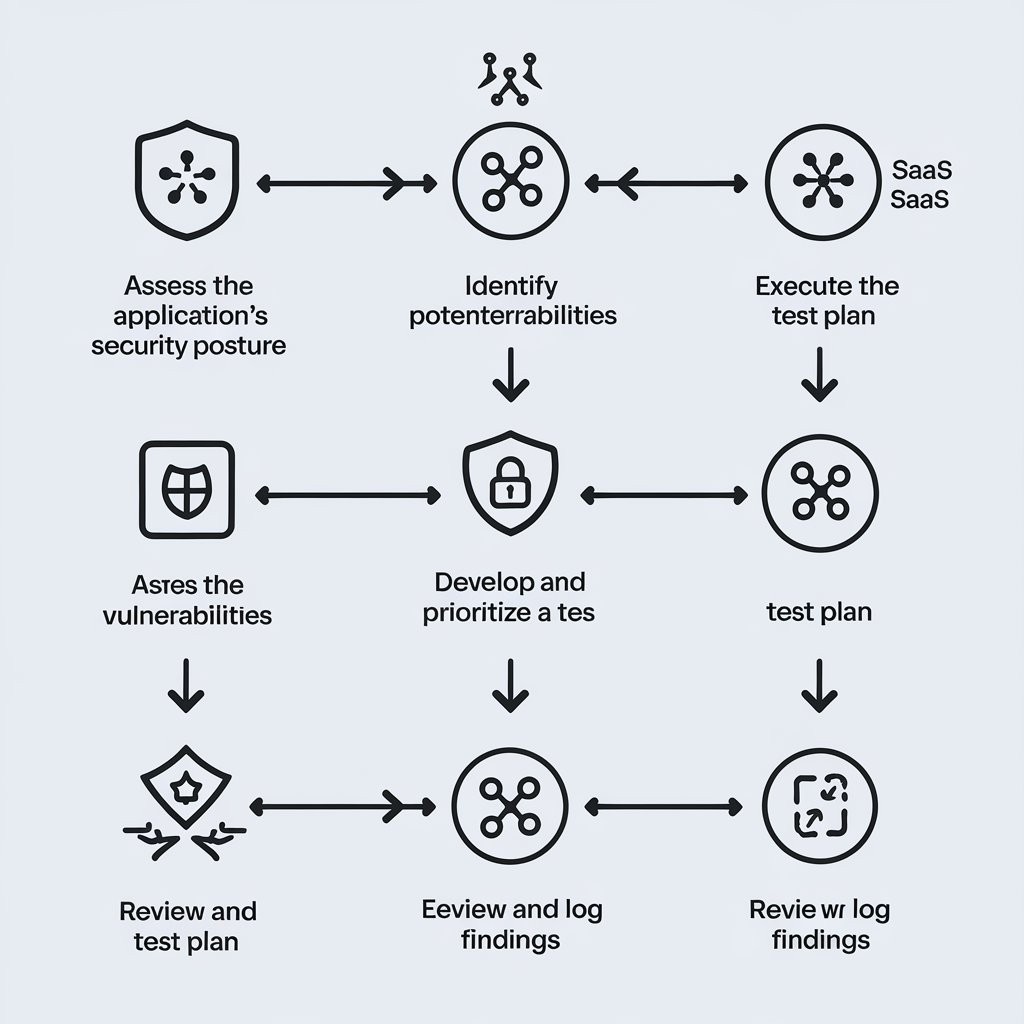The Importance of Regular Penetration Testing for Startups
News & Insights
10 Min Read
As startups continue to grow and innovate, they often face a range of challenges, one of the most critical being cybersecurity. With limited resources and time, security can sometimes take a backseat to other business priorities. However, neglecting to secure digital assets can expose startups to significant risks, including data breaches, financial loss, and reputational damage. One of the most effective ways to protect against these threats is through regular penetration testing. Penetration testing, also known as ethical hacking, involves simulating a cyberattack on your business's systems, networks, and applications to identify vulnerabilities before malicious hackers can exploit them. Regular penetration testing is essential for startups, especially those handling sensitive data, to ensure that their systems remain secure as they scale.
Why Regular Penetration Testing Matters for Startups
1. Identifying Vulnerabilities Early
Startups, often operating with limited resources, may not have the same level of cybersecurity infrastructure as larger corporations. As a result, they can be more vulnerable to attacks. Regular penetration testing allows you to uncover weaknesses in your network, web applications, and infrastructure early, before cybercriminals have the opportunity to exploit them.
What it uncovers: Weak passwords, outdated software, unsecured APIs, and misconfigured systems.
Why it’s crucial: Fixing vulnerabilities early reduces the chances of an attack, protecting sensitive business data and customer information.
2. Compliance and Legal Requirements
As startups grow, they often collect and store personal data from customers, including names, addresses, and payment details. Many industries have stringent regulations regarding how this data should be secured, such as the General Data Protection Regulation (GDPR) in Europe or California Consumer Privacy Act (CCPA) in the U.S.
Regular penetration testing can help ensure your startup meets these compliance requirements by identifying security gaps that could lead to non-compliance or potential fines.
What it helps with: Maintaining compliance with industry regulations.
Why it’s crucial: Failure to comply with data protection laws can lead to heavy fines and legal consequences.

3. Protecting Customer Trust
In the digital age, customers are more aware of data security than ever before. A single security breach can significantly damage a startup’s reputation and erode customer trust. If your startup handles sensitive data, like financial information or medical records, customers expect you to take steps to protect it.
Regular penetration testing helps demonstrate to your customers that your startup is committed to protecting their data and security.
What it helps with: Building customer confidence.
Why it’s crucial: Strong cybersecurity practices help retain customers and foster long-term business relationships.
4. Improving Incident Response Plans
Penetration testing isn’t just about identifying vulnerabilities; it’s also about testing how well your incident response plan works in the event of a real attack. Simulating a cyberattack can reveal weaknesses in your response protocols, such as communication breakdowns or delayed actions.
By incorporating penetration testing into your cybersecurity strategy, you can refine your incident response plans and ensure your team is well-prepared to handle a real-life attack.
What it helps with: Testing incident response procedures.
Why it’s crucial: A well-prepared team can mitigate the damage caused by an attack and recover faster.
5. Staying Ahead of Evolving Threats
Cyber threats are constantly evolving, with hackers using increasingly sophisticated methods to infiltrate systems. Regular penetration testing ensures that your startup remains protected from the latest attack strategies. By conducting frequent tests, you can stay one step ahead of cybercriminals and continually improve your security posture.
What it helps with: Identifying new attack vectors and emerging threats.
Why it’s crucial: Staying ahead of hackers helps protect your startup from new types of cyberattacks.
6. Enhancing Business Continuity
Cyberattacks can cause disruptions to business operations, potentially causing significant downtime and loss of productivity. For startups, this could be catastrophic, especially if you rely on online services, cloud platforms, or e-commerce to run your business.
Regular penetration testing helps identify potential points of failure and strengthens your security defenses, minimizing the likelihood of downtime caused by cyberattacks.
What it helps with: Enhancing business continuity and operational resilience.
Why it’s crucial: Protecting against cyberattacks ensures that your startup can continue operating smoothly even during security incidents.
Best Practices for Penetration Testing in Startups
Engage a Professional Penetration Testing Team While some startups may have in-house IT staff who are capable of identifying basic security flaws, penetration testing requires specialized skills. Hiring a professional team of ethical hackers with expertise in different types of attacks (network, application, and social engineering) ensures a thorough assessment of your security posture.
Test Regularly Cybersecurity is not a one-time effort. As your startup grows and adopts new technologies, your attack surface changes. To stay secure, penetration testing should be a regular practice. Consider conducting tests at least quarterly or after major updates or infrastructure changes.
Test All Layers of Your Infrastructure A successful penetration test should cover all layers of your business infrastructure, including networks, web applications, mobile apps, and endpoints. Failing to test all components could leave critical vulnerabilities unaddressed.
Follow Up on Findings Penetration tests provide valuable insights into your security gaps. However, identifying vulnerabilities is only the first step. It’s essential to follow up with remediation efforts, such as patching systems, updating software, or improving your security protocols.
Integrate Penetration Testing into Your Security Culture Make penetration testing a fundamental part of your security culture. Encourage your team to view security as an ongoing effort, not just a reaction to threats. Building security awareness across your startup will help you foster a proactive approach to cybersecurity.
Conclusion
For startups, cybersecurity is not just a concern for large enterprises; it is crucial for business success. Regular penetration testing helps protect your organization from a wide range of cyber threats by identifying vulnerabilities early, improving compliance, and enhancing overall security. By investing in regular testing, startups can demonstrate their commitment to security, build customer trust, and ensure business continuity.
In the ever-evolving landscape of cyber threats, being proactive rather than reactive is key. Regular penetration testing provides startups with the insights and tools they need to stay ahead of potential cybercriminals, protecting their digital assets and positioning them for long-term success. audit3aa
Join our newsletter list
Sign up to get the most recent blog articles in your email every week.








